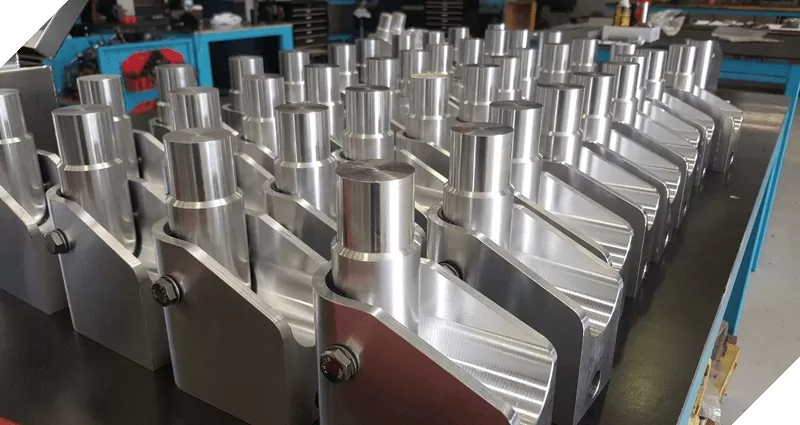
21 Oct Top 5 Benefits of Precision Machining
Precision machining is the art of creating an object in intricate detail – in other words, by cutting a material into a precise pattern that allows it to fit where it needs to go and carry out its required task. Examples of such finished objects include parts that are used in the aerospace industry, surgical tools and components used in the automotive industry.
In addition, the nature of such parts is to become worn, therefore requiring the services of a precision machinist to perform recalibration, grooving and/or welding to bring it back to the condition necessary for optimal service. Indeed, the need for precision machining reaches into virtually every industry you care to think of.
The Evolution of Precision Machining
Today’s precision machining is incredibly accurate, thanks to modern technology. But we can track its evolution over many centuries, with British inventor, Henry Maudslay, being credited with inventing the screw-cutting lathe in the 19th century. Fast forward a few years to 1848 and the beginnings of precision machinery as we know it today came into being, courtesy of the handheld micrometer, an invention by Jean Laurent Palmer.
Early precision machinists worked with rudimentary tools, such as hammers and blades, honing their skills to create astonishing levels of accuracy. Today’s machinist utilises computer programs, resulting in incredibly accurate, complex machine parts, tools and objects. However, while technology such as CAD (computer-aided design) CAM (computer-aided manufacturing and CNC (computer numerical controlled) are used to carry out the actual creation of precision parts, the initial phases still tend to be designed using hand-drawn sketches, therefore requiring a high degree of knowledge and skill.
The Benefits of Technology
CAD, CAM and CNC technology is widely used throughout precision machining. These programs dramatically reduce the chance of errors, as well as providing the following benefits:
- Repeatable: If it’s necessary to repeat a design then a template can easily be created for replication
- Efficient: Reduces the number of steps necessary to create a pattern, leading to a far quicker process
- Highly accurate: Meaning wastage is reduced and waste is minimal. This, in turn, very effectively saves on production costs
- Increased health and safety: Automated processes mean less need for operators to be close to moving parts/machinery/cutting tools that can represent significant hazards
- Adaptable: Can be utilised on various materials, including plastics, glass, bronze, steel, graphite etc.
Depending on requirements, such as the size of the run and materials to be used, precision machining can be carried out with virtually any combination of tools. This includes (but isn’t limited to):
- Saws
- Grinders
- Milling machines
- Lathes
- Drill presses
- High-speed robotics
With such a wide range of materials and methods to take advantage of, it’s crucial for industries to work with a manufacturer that’s well-versed in the latest technology to create the ultimate in precision machine components. Perth-based SixDe are leaders in their field, providing high quality parts that fit first time, every time. Customers benefit from technical support from their in-house specialists combined with a professional and friendly service.
You might also be interested in: Why CNC Machining Beats Traditional Machining Every Time
Give their experts a call on 08 9434 1112 for a no-obligation chat or visit www.sixde.com.au for more information.



